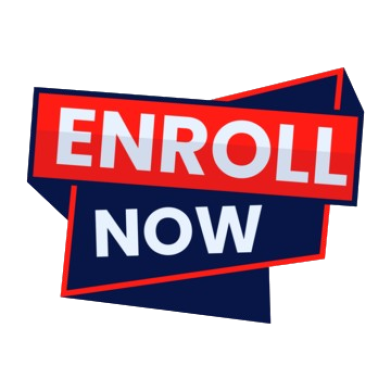This General Duty Assistant course is designed to equip participants with the skills to provide administrative support to overburdened staff. Topics covered include organizing physical files, managing calendars and scheduling meetings, writing emails and memos, preparing presentations, and web-based research and data compilation. In addition, learn how to multitask efficiently to ensure the smooth functioning of an organization's workflow.
GDAs can work in diverse environments, including hospitals, nursing homes, assisted living facilities, community centers, and even private homes. Their roles vary depending on the setting, but typically involve patient care, administrative tasks, and maintaining a safe and comfortable environment.
Most programs require a high school diploma or equivalent. Strong communication skills, empathy, and a passion for helping others are essential. Some programs may have additional requirements like CPR certification or basic medical knowledge.
Some programs prepare you for national certification exams, such as Certified Nursing Assistant (CNA) or State-approved GDA certification. Verify the specific certification offered by your chosen program.
Various scholarship and grant programs exist for healthcare training. Research opportunities in your region and inquire with the course provider about potential financial aid.

Our free career counseling services are designed to help you navigate your professional journey with confidence. Our expert counselors provide personalized guidance, helping you explore career options, set goals, and develop strategies to achieve them.
Signup Now